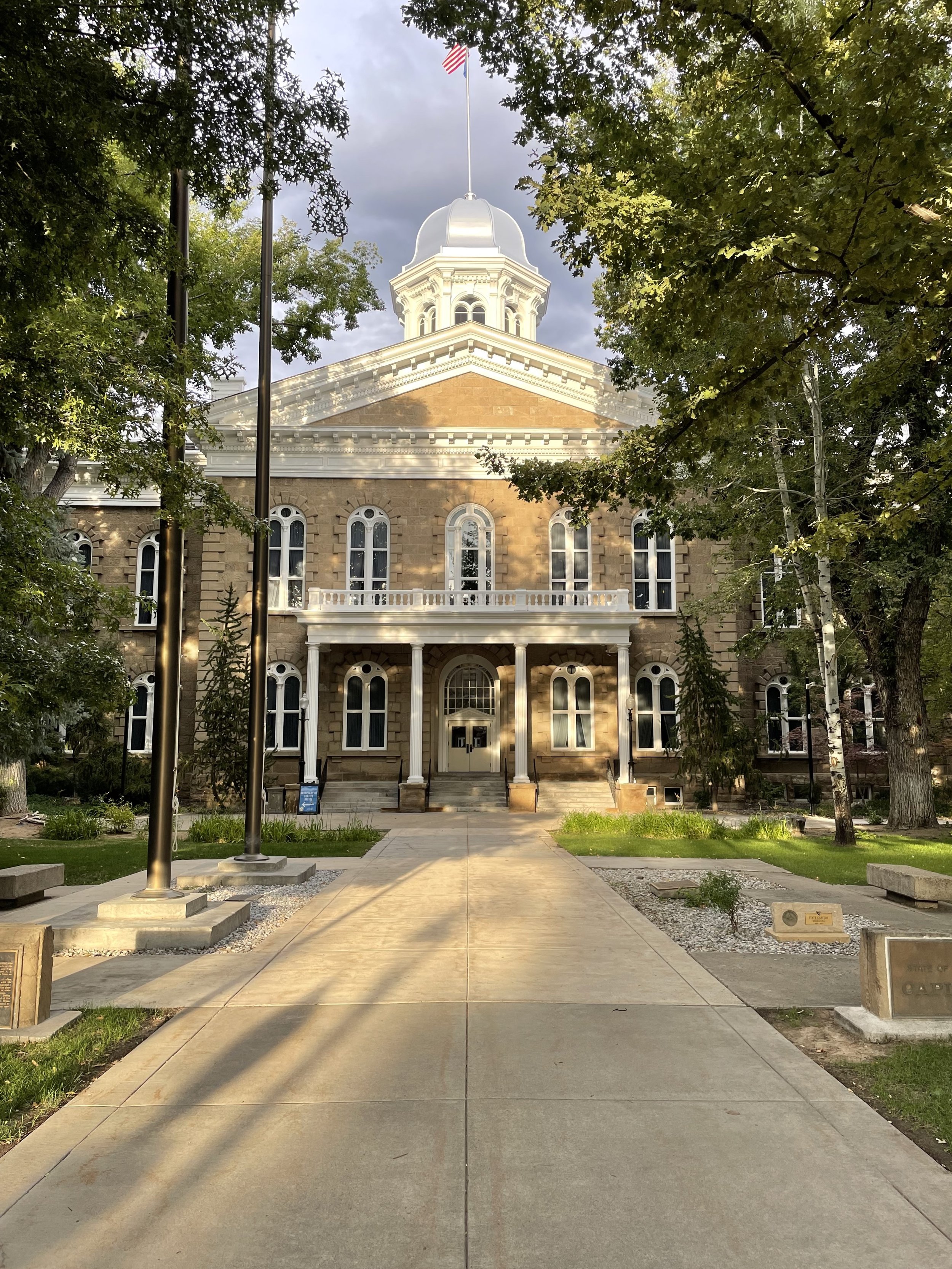
Philosophy
“Maybe a roomful of people having different ideas is chaotic, but it’s…highly entertaining, and very educational. That’s how you learn things—not by everybody following the same doctrine.” —John Lydon
As an educator, my principal objective when I enter a classroom is to foster social capital, a concept that has been studied at length by political scientist Robert Putnam. Social capital is an essential component of a productive, thriving community where people engage each other in a wide variety of ways. Schools play an important role because they are sites where students not only build their knowledge, but also cultivate lasting bonds with other people, thereby leading to higher levels of trust, cooperation, and reciprocity in a community. To facilitate the development of social capital as a teacher, I believe in the following: effectively communicating with my students; challenging them to explore multiple perspectives when grappling with the course content; and encouraging them to identify their values and find their own public voice so they might act on an issue that matters to them.
Effective communication between the instructor and student is necessary for both to be successful in their respective endeavors. Undoubtedly, this is a unique partnership. I have a professional obligation to ensure my expectations and directions are clear on everything from the syllabus and assignments to activities and exams. Furthermore, I need to be conscious of time when assessing student work and include solid feedback that qualifies letter grades. This is important so people can learn not only how to improve, but also what they have done correctly. If someone’s performance is low or has declined, privately speaking with that individual is necessary to determine why he or she has is having difficulty. Lastly, accessibility is vital because of the cross section of students that often attend community colleges. In my experience of having attended and taught in this environment, I know that an instructor must be sensitive to the different life experiences of others.
Many discussions in a political science course are contentious because ideology — either conservatism or liberalism — affects our ability to examine the seemingly countless public problems that must be addressed. Free speech. War. Economic inequality. Healthcare. Climate change. And the list goes on. Yes, the lens through which we each see the world may inhibit our understanding — especially if we choose to be myopic by submitting to the confirmation bias. As a result, my instructional approach acknowledges issue complexity and embraces viewpoint diversity to better prepare students for the challenges we must confront. Thoughtful analysis is a skill that we all must learn and refine with practice. By assigning a variety of articles to read, prompting students with questions, and relating the issues to everyday life we may discover ideas that cause us to reevaluate our existing positions.
Finally, I believe in connecting thought and action whenever possible. People need to recognize the opportunities they have to engage officials and institutions because this is how they can advance issues that matter to them. In a democratic republic such as ours we should celebrate our right to vote in elections, publish our ideas on a weblog, speak at city council meetings, run for office, write letters to officials and the local newspaper, and even protest if such an approach is warranted. The discipline of political science is unique, in that, it can teach us not only about the operation of governing institutions, but also the means by which people may engage in the process. For example, my American Government students must complete an assignment called "Find Your Cause" where they report on a nonprofit organization of their choice that partakes in advocacy work. When I teach Political Theory, I ask them to write a symposium paper that connects a major idea from the quarter to contemporary news events around the world. The primary goal in both cases is to make the courses relevant to their lives.
The classroom can be a transformative place when students have an instructor who challenges them to excel and develop their intellectual potential. Moreover, some of what an instructor teaches his, her, or zir students should also have applications beyond the walls of the school itself. I believe that nurturing human relationships is a core element to not only educational, but also lifelong, success. As Robert Putnam has found in his research, a higher level of social capital is an important component of communities where people care about one another, and where they care about the system of government under which they live. My objective as a college instructor is to build social capital through openly communicating with my students, stimulating thought about complex issues that have far reaching implications, and encouraging participation in the democratic process that we hold dear.
Photograph
Nevada State Capitol Building, Carson City, NV, 2023